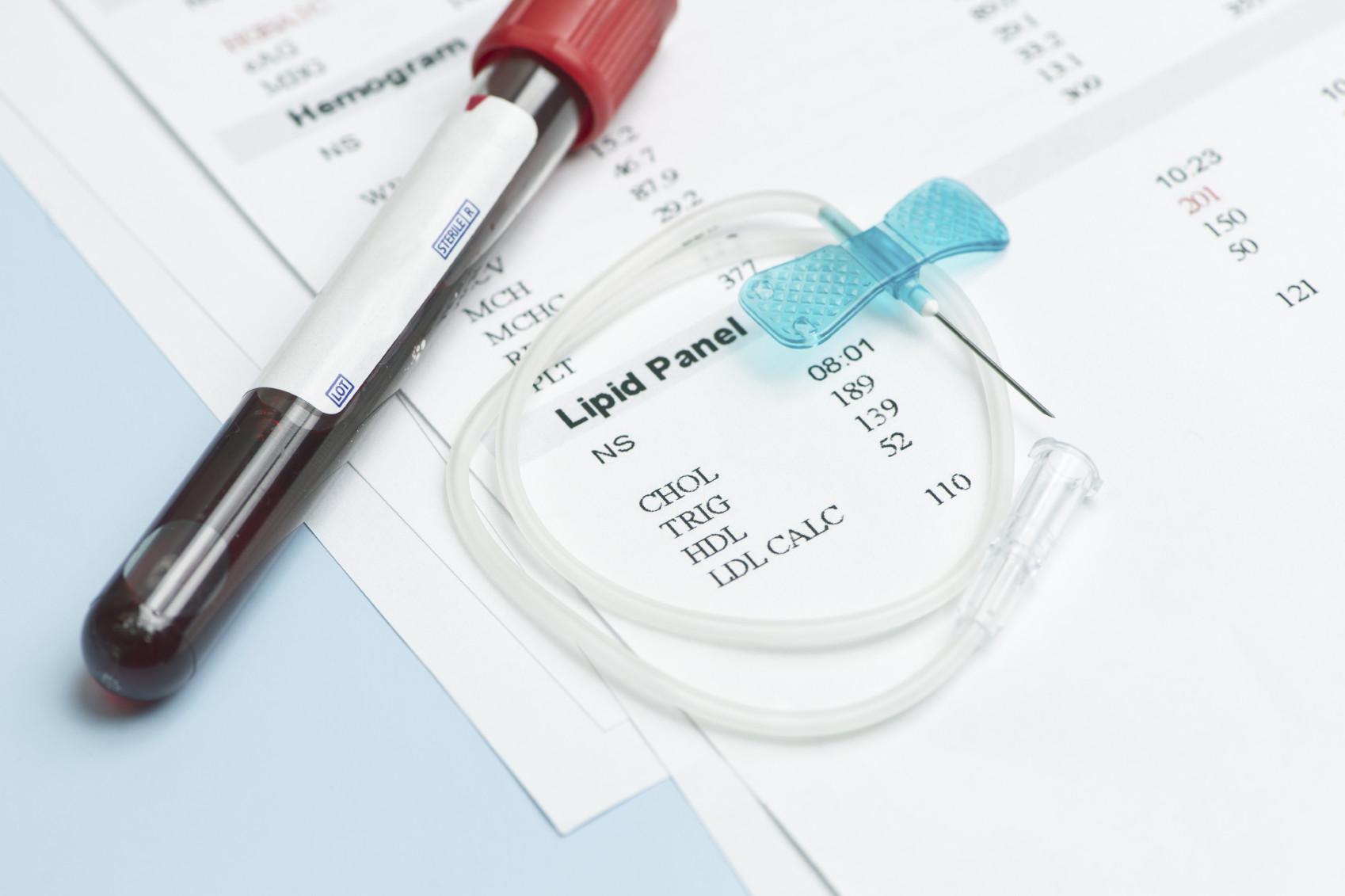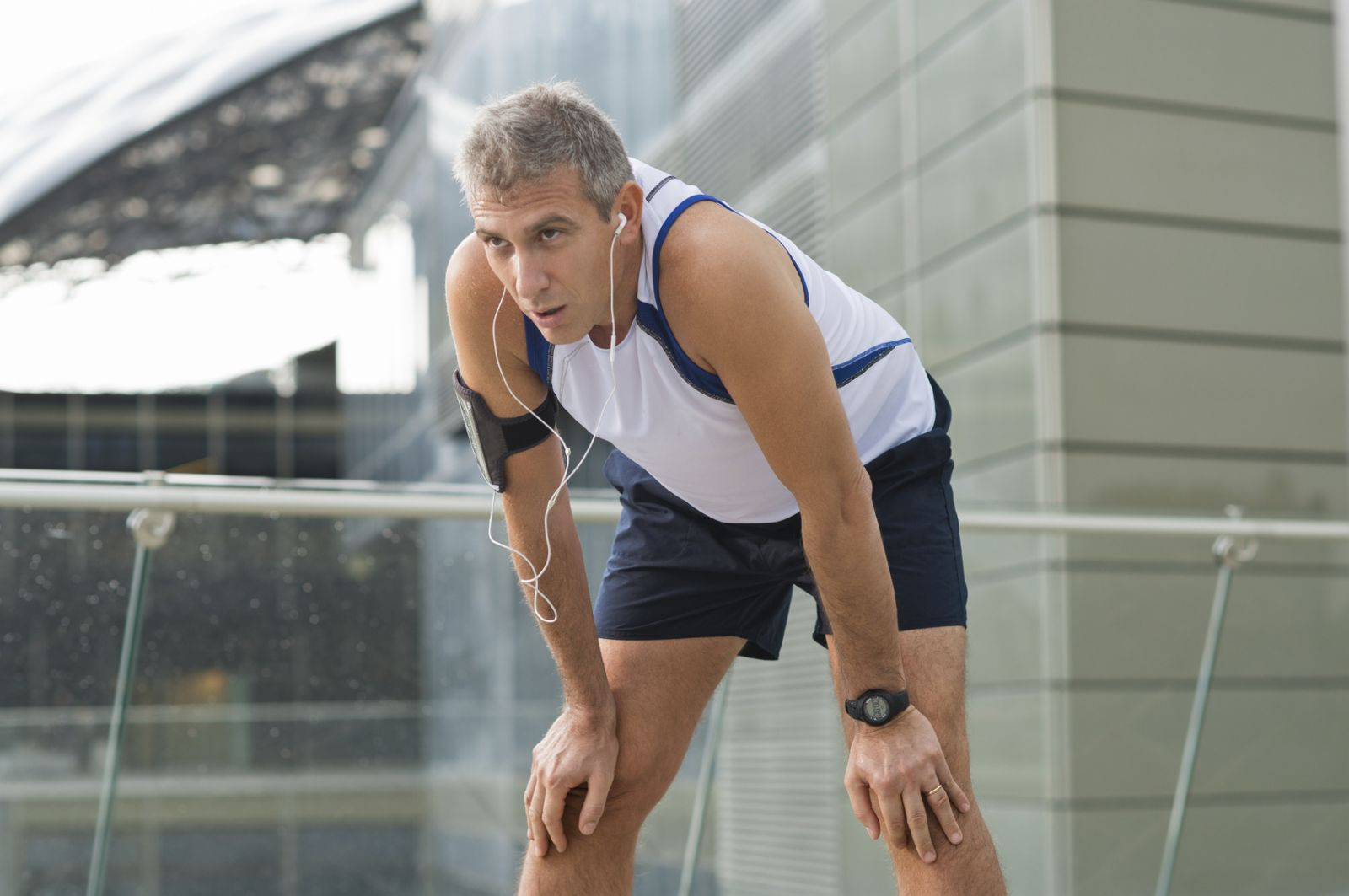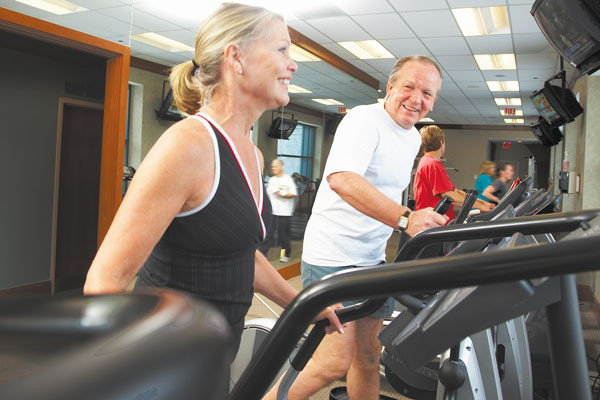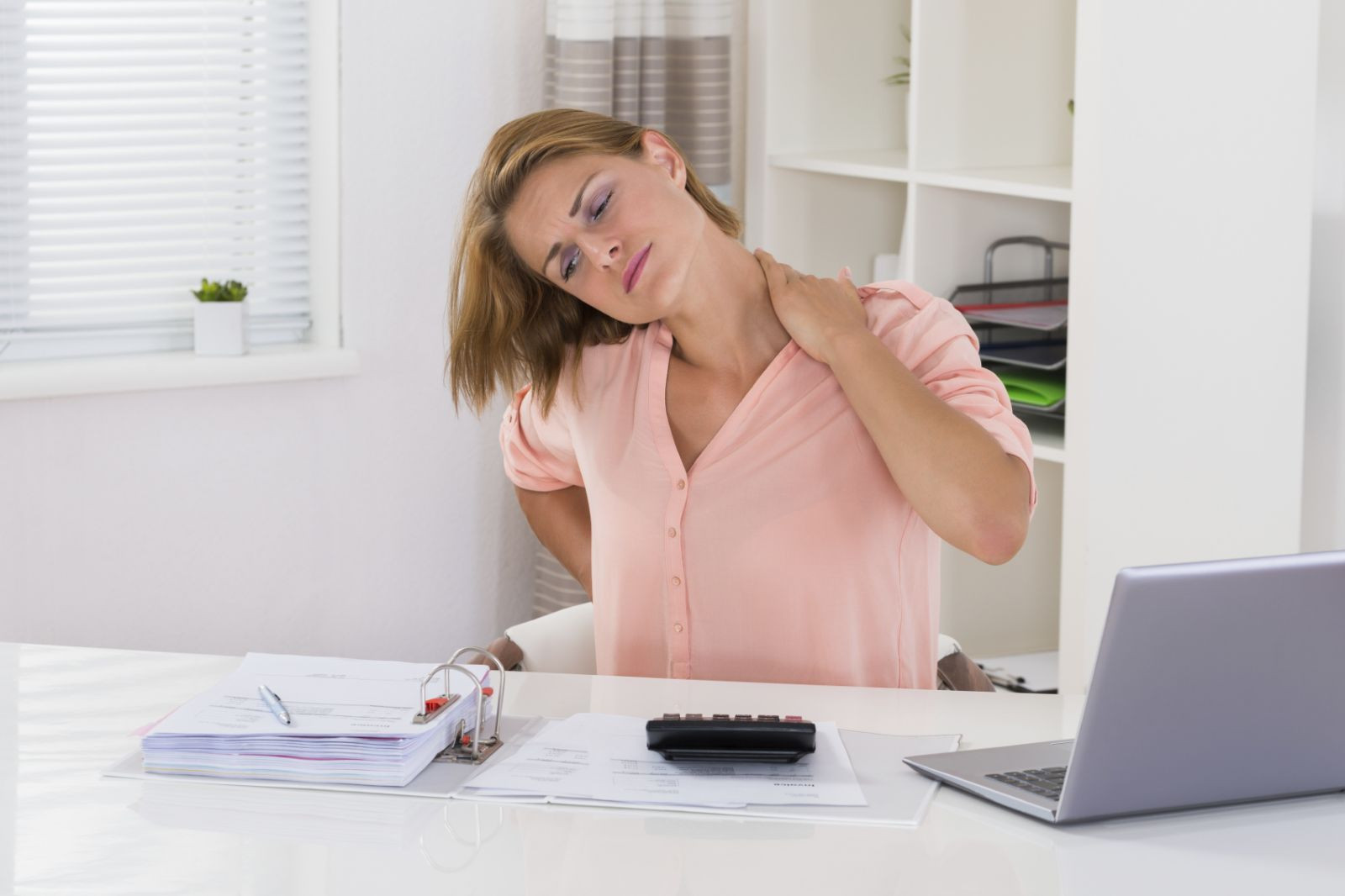
5 timeless habits for better health

What are the symptoms of prostate cancer?

Is your breakfast cereal healthy?

When pain signals an emergency: Symptoms you should never ignore

Does exercise give you energy?

Acupuncture for pain relief: How it works and what to expect

How to avoid jet lag: Tips for staying alert when you travel

Biofeedback therapy: How it works and how it can help relieve pain

Best vitamins and minerals for energy

Should you take probiotics with antibiotics?
Staying Healthy Archive
Articles
6 suggestions for adding whole grains to your diet
Although they may seem unfamiliar, these nutritious foods are as easy to cook and use as white rice.
Image: Shalith/Thinkstock
Refined carbohydrates are out; whole grains are in. That's one of the messages from the 2015–2020 Dietary Guidelines for Americans. It makes a lot of sense, given that diets rich in whole grains are linked with a reduced risk of diabetes, heart disease, obesity, and certain cancers.
"All the grains we eat now started as whole grains, but we've stripped them down and lost some of the nutrition," says Stacey Nelson, manager of clinical nutrition at Harvard-affiliated Massachusetts General Hospital.
Why suntanning is still a bad idea
Sun protection is essential whenever you are outdoors. Self-tanning products offer a safe alternative for attaining that sun-kissed look.
Image: Nadezhda1906/Thinkstock
Gone are the days when we were urged to soak up the rays to get a healthy glow and absorb the "sunshine vitamin." Decades of medical research have determined that sun exposure causes skin cancer and that a nutritious diet and supplementation are reliable ways to obtain the vitamin D essential for good health. In other words, there is no good reason to expose your skin to the sun's ultraviolet (UV) radiation.
There is no such thing as a healthy suntan. "A tan is a response to DNA damage," says Dr. Barbara Gilchrest, a dermatologist at Harvard-affiliated Massachusetts General Hospital. Such damage is instrumental in the development of skin cancer, and it also accelerates skin aging. "Some women may tan well for many years, but eventually the skin quality will change, become leathery, develop lentigenes ["age spots"], and then coarse wrinkling," Dr. Gilchrest says. If you're a lifelong tanner, compare the skin on the underside of your upper arm or buttocks to a tanned area, and you'll see evidence of the changes wrought by UV radiation.
How tough is your workout?
Exercise is healthy and safe for most folks. For kids, young adults, seniors, people who are healthy, and people who have medical issues, moderate activity is usually safe and does plenty to improve health, energy, and well-being.
How can you judge the pace of your workout? The easiest way to see how hard you're working is to describe your effort using broad categories, such as light, moderate, or vigorous (see the table below). This categorization, called "perceived exertion," is a good way to help you exercise safely. As you improve your fitness, you'll find your perception of an activity's intensity will change. For example, you might find that you are no longer short of breath when walking up a nearby hill or climbing the stairs.
5 ways the Internet can help you boost your health
Use it as a source of health information, a tracking tool, a direct line to your doctor, and a link to loved ones.
Image: Purestock/Thinkstock
People who connect socially tend to have better health. The Internet can help you connect, even long distance.
A connection to the Internet is a powerful tool, linking you to just about all of the knowledge in the world. And you can use that tool to help improve your health. "Our research shows that many older adults aren't taking advantage of that. It's not for everyone, but it's a valuable resource, and I'm cautiously optimistic that it will make a difference for most people," says Dr. Kasisomayajula Viswanath, a professor of health communication at the Harvard T.H. Chan School of Public Health.
Do financial incentives improve health?
Ask the Doctor
Most large employers now offer financial incentives to workers who make healthy lifestyle changes.
Image: PHOTOS.com/Thinkstock
Q. My employer is offering employees financial rewards if we lose weight. At first, I was shocked by this, but then I thought it might be a good thing for me, and for my employer. Does this kind of financial incentive lead to healthier lifestyles?
Do habits cause your neck pain?
Sit up straight, keep electronic screens at eye level, and try some strengthening exercises to reduce pain and feel better.
Looking down at a computer screen for prolonged periods may lead to neck pain.
Image: AndreyPopov/iStock
If your day involves using a smartphone or laptop, reading a book or magazine, or curling up on a couch to watch TV, your day may also include some nagging neck pain. That's because you may be bending your body in an unhealthy position for a prolonged period of time. "It's an overuse injury. Your body was designed to move, but you're forcing your neck and shoulders into one static position for too long," says Dr. Clare Safran-Norton, a physical therapist and clinical supervisor of rehabilitation services at Harvard-affiliated Brigham and Women's Hospital.
Spice up your dinner with foreign flavors
Indian, Peruvian, or Vietnamese food may be just the thing to give your diet a dose of interest and fun.
Vietnamese pho with shrimp is tasty. But stick to small portions of noodles to avoid spiking blood sugar.
Image: joannatkaczuk/Thinkstock
Following a healthy diet doesn't have to be boring. Take your palate on a culinary adventure by sampling world cuisines that are new to you. "Variety can add taste as well as vitamins and micronutrients you may not be receiving from your standard diet," says registered dietitian Kathy McManus, director of the Department of Nutrition at Harvard-affiliated Brigham and Women's Hospital.
What you need to know if you’re taking multiple medications
To stay on your regimen, you'll have to be organized and learn about each of your drugs.
Many older adults take five or more prescription medications, increasing the risk of harmful drug interactions.
Image: Comsstock/Thinkstock
Taking several types of medications can be challenging. But this is something you have to get right. If you don't, you may have unwanted side effects, or you may not properly treat your chronic condition. "I see people who average 15 medications, and it's very difficult for them to juggle that many pills," says Joanne Doyle Petrongolo, a pharmacist at Harvard-affiliated Massachusetts General Hospital.

5 timeless habits for better health

What are the symptoms of prostate cancer?

Is your breakfast cereal healthy?

When pain signals an emergency: Symptoms you should never ignore

Does exercise give you energy?

Acupuncture for pain relief: How it works and what to expect

How to avoid jet lag: Tips for staying alert when you travel

Biofeedback therapy: How it works and how it can help relieve pain

Best vitamins and minerals for energy

Should you take probiotics with antibiotics?
Free Healthbeat Signup
Get the latest in health news delivered to your inbox!
Sign Up











